Why did Save the Dogs choose to operate in Romania?
Romania has one of the most dramatic situations in Europe regarding stray dogs and animal abuse.
While bringing some aid in Romania back in 2001, the founder of Save the Dogs Sara Turetta was really impressed by the number of dogs suffering and dying on the streets and the lack of measures to help them. She then decided to create an association tackling that desperate situation, where dogs are kept in miserable pounds and killed after 14 days.
Why is the stray dogs phenomenon in Romania so severe?
The stray dogs phenomenon characterizes many countries in Eastern and Southern Europe and is primarily due to poverty and social backwardness. In the specific case of Romania, however, there are also particular historical reasons, linked to the decision of the dictator Ceausescu – in the 80s – to urbanize the population living in the countryside. This operation meant the creation of new neighborhoods from scratch in the cities (not only in the capital) and the demolition of the houses with a traditional courtyard, almost all of which guarded by a dog. Thousands of dogs were therefore abandoned in the streets of the cities. The lack of interventions to control the births and the political upheavals related to the revolution of 1989 made it possible for the dogs to reproduce and for the Romanians to get used to seeing stray dogs on the street, fueling further – with the systematic drop out of unwanted litters – the phenomenon.
Which is the current situation of strays in Romania?
Unfortunately, since 2001 almost nothing has changed: the dogs are still being killed in large numbers in the public kennels of the Romanian cities with methods not verifiable by the associations. Often animals die of starvation and disease before they accomplish the 14th day of stay in the public facilities.
The only positive change introduced by the law adopted in 2013 is the compulsory sterilization and micro chipping of owned dogs.
Currently there is no official data on the number of dogs living on the streets because a census has never been done. Yet the number is very high, especially in the South, East and North East of Romania.
We report a gradual increase of public awareness, especially in bigger cities, on the animal rights and the growing involvement of young people in small local groups, even if the animal rights associations in Romanian are still very few.
How can I be sure that my donation really helps animals?
Save the Dogs has also drawn a useful series of guidelines for an aware donor in order to offer our supporters a number of helpful hints that may guide their decision to donate.
If I donate do I have the right to any tax relief?
Why does Save the Dogs promote the adoption of the dogs abroad?
How are the animals being transported?
Italy, Sweden, Switzerland, Finland: usually by plane, but during the pandemic or in special circumstances we are forced to transport them also by land.
Austria and Germany: by a specially equipped minivan fulfilling all legal requirements.
Are you sure that the dogs adopted abroad end up in good hands?
Are Save the Dogs’ employees all volunteers?
Volunteers are very important and cover significant roles. Yet they complete our staff made up of professionals: veterinarians, nurses, dog trainers, fundraisers, administrators etc.
I would like to open an animal shelter, can you offer me some advice?
We always recommend to make a rational and not emotional analysis of the reality before starting such a project and to make a business plan. The first question you are supposed to answer is: will the kennel make a real difference to the strays in my area or am I favoring my personal emotional need?
Many useful tips can be found in this guide of RSPCA.
How do I set a virtuous and efficient project of management of stray dogs?
How do I set a virtuous and efficient project of management of stray cats?
Which is Save the Dogs’ position on euthanasia?
Save the Dogs firmly opposes to those policies of stray dogs’ control based on the killing of animals.
Euthanasia remains, however, an indispensable tool in front of incurable diseases, serious injuries or not treatable behavioral disorders.
Save the Dogs assumes full responsibility to ensure that animals within its facilities (where we assist 2.000 cases each year among guests and patients of our clinics) may have a good quality of life and may not suffer chronic pain.
Under no circumstances euthanasia may be used to manage overcrowding and will never be considered for a healthy animal from a psycho-physical point of view.
